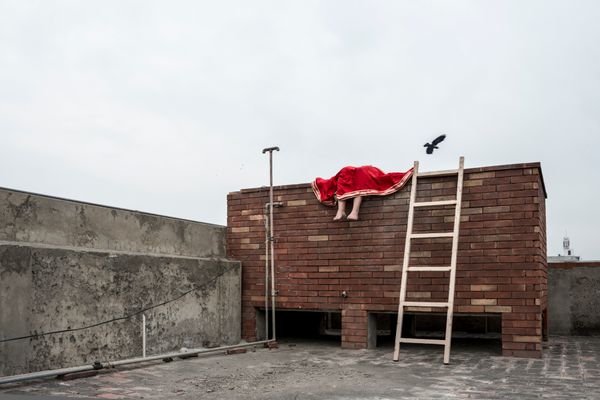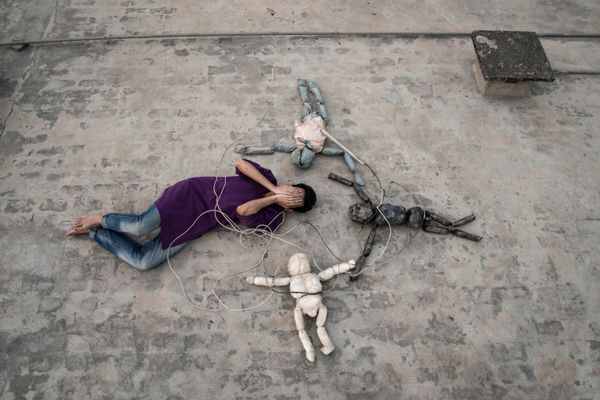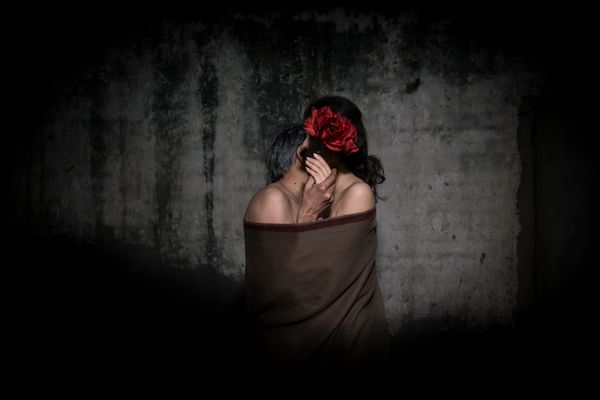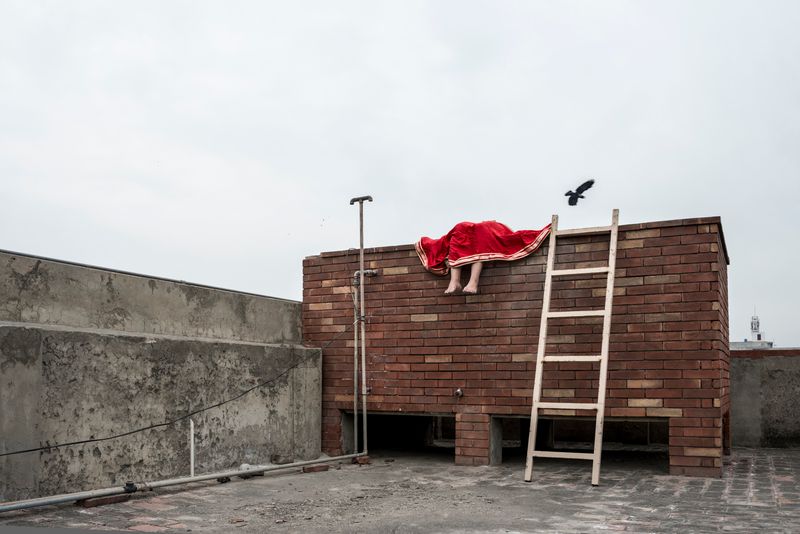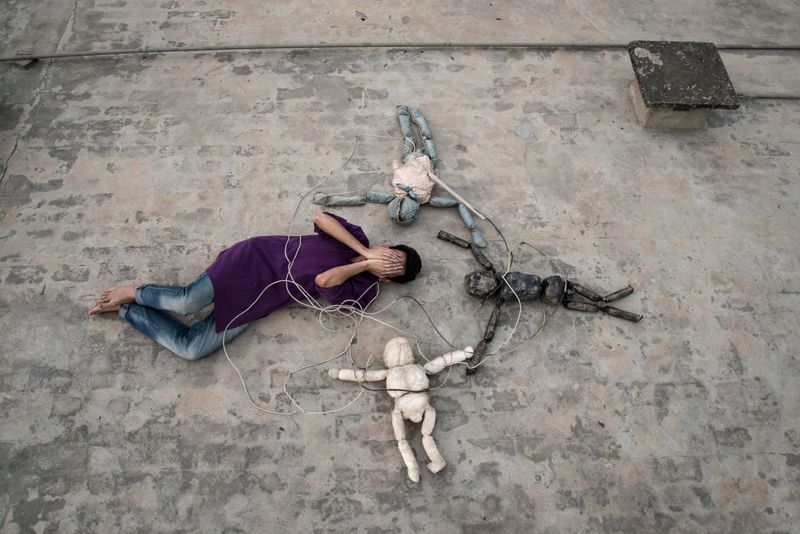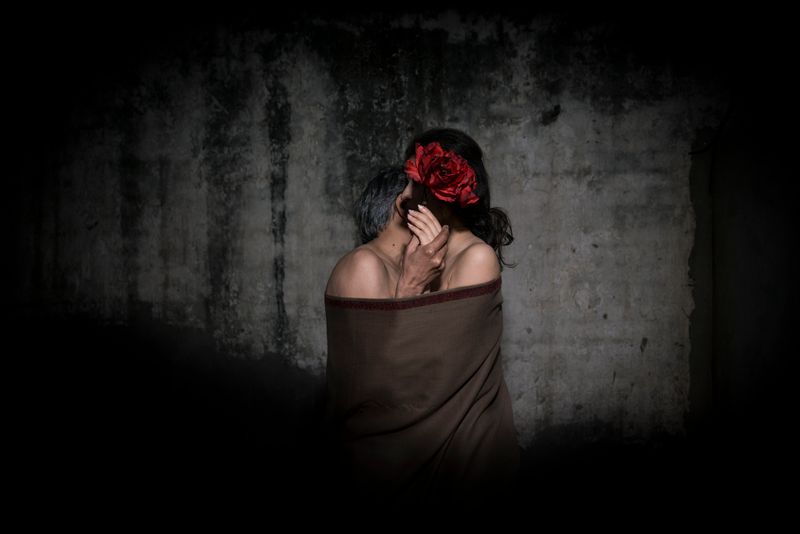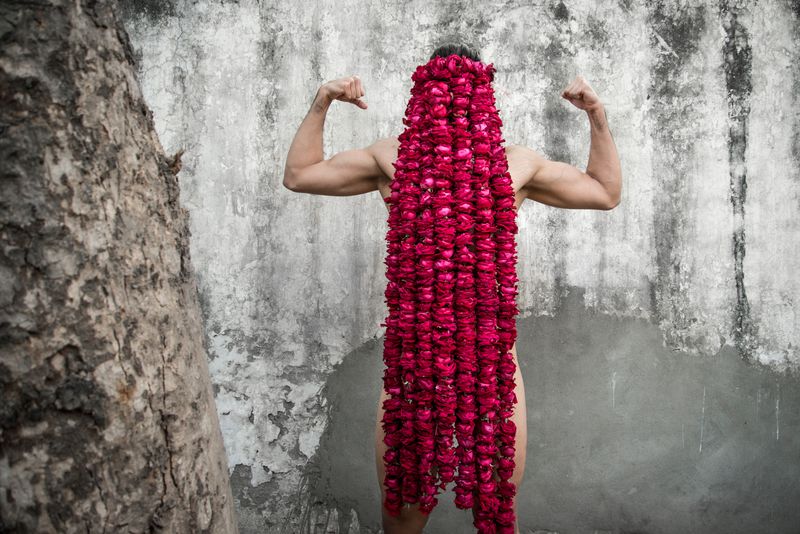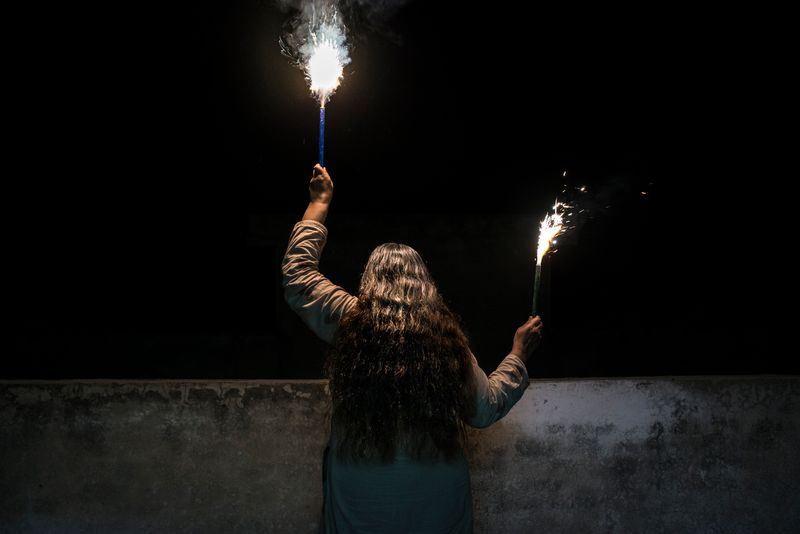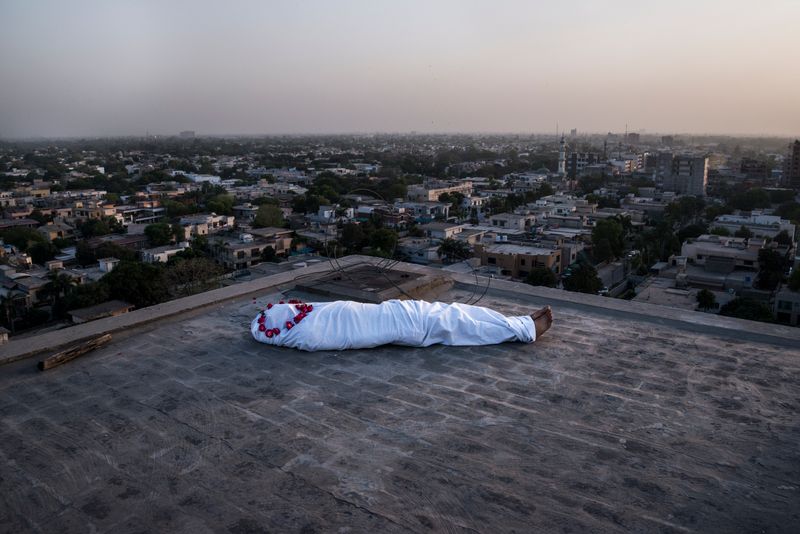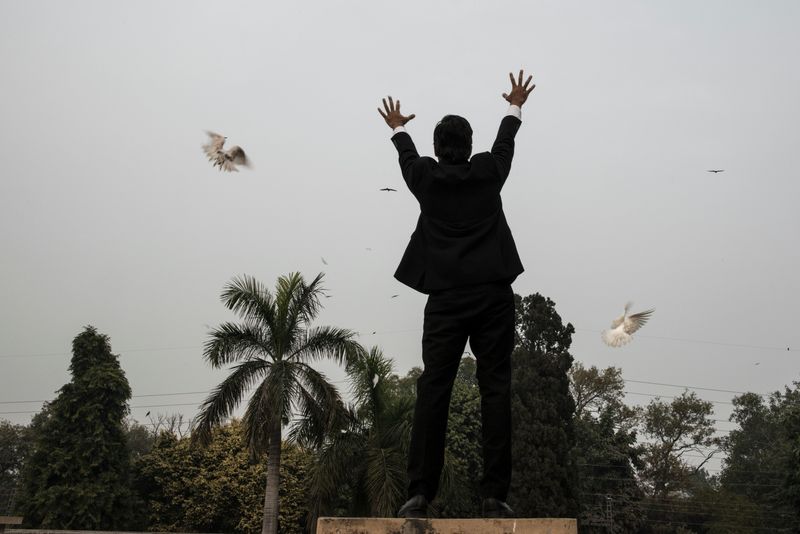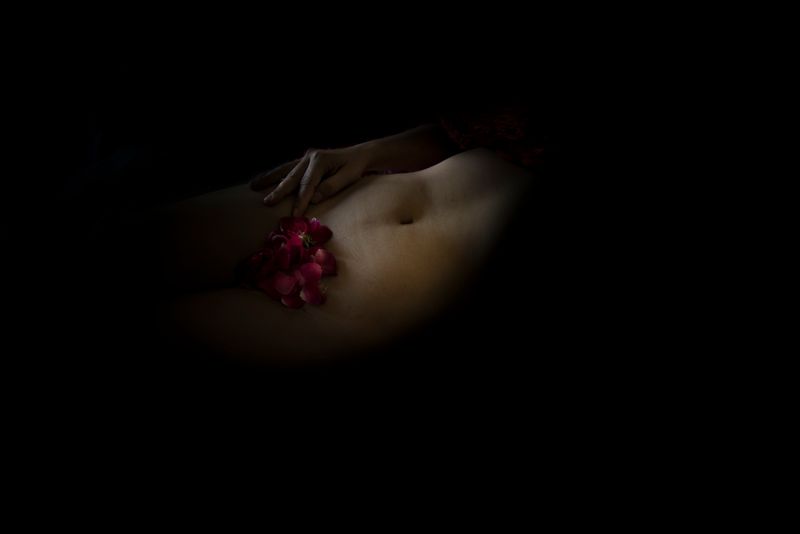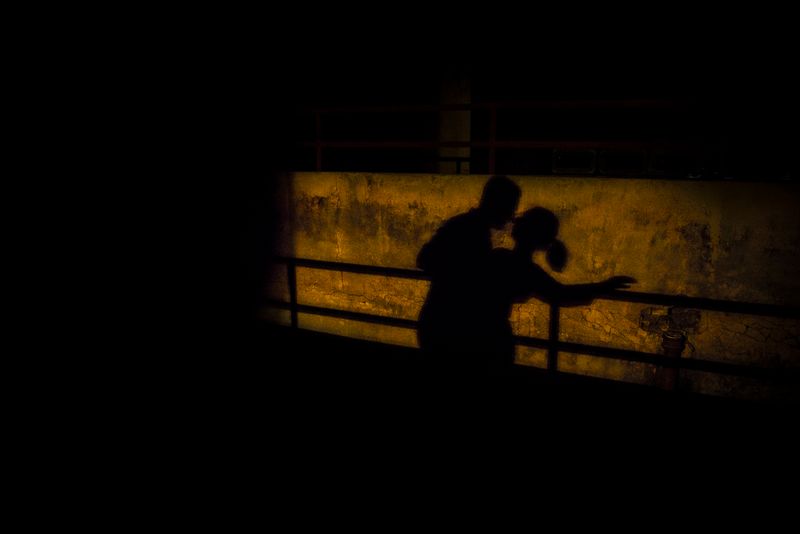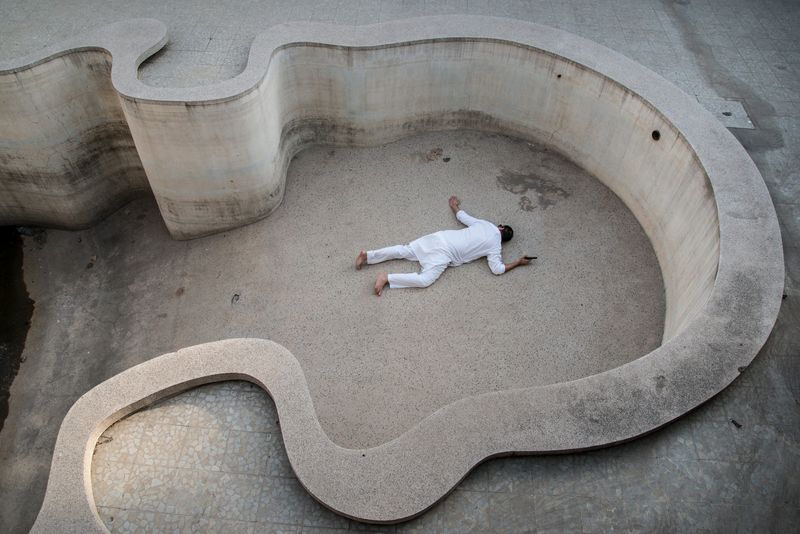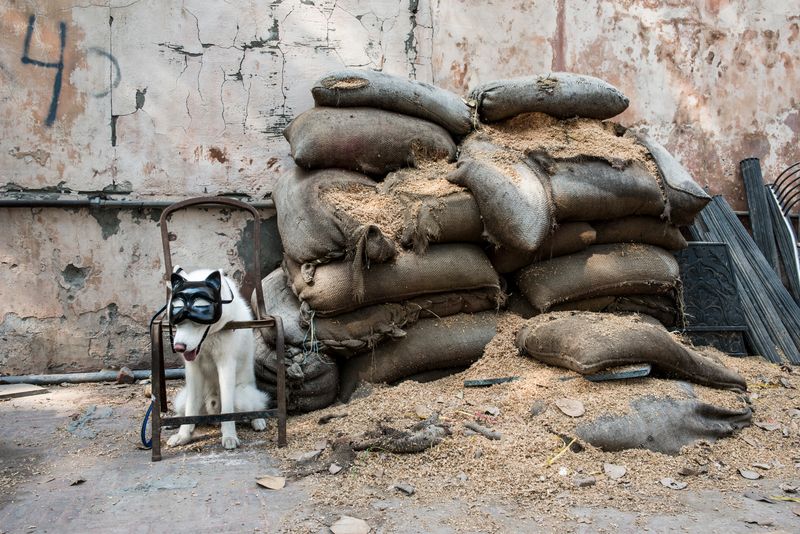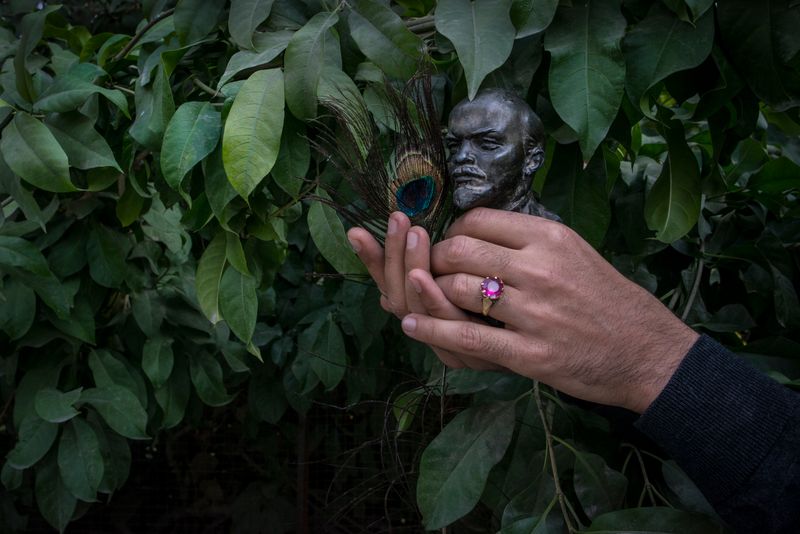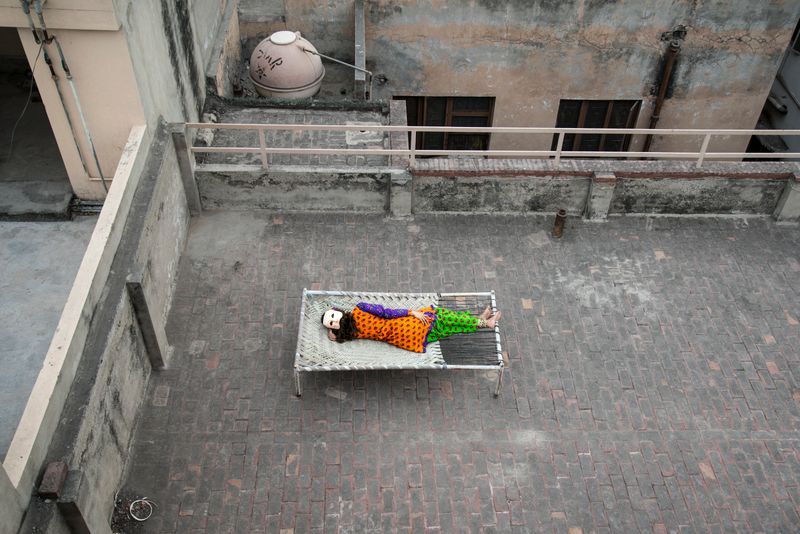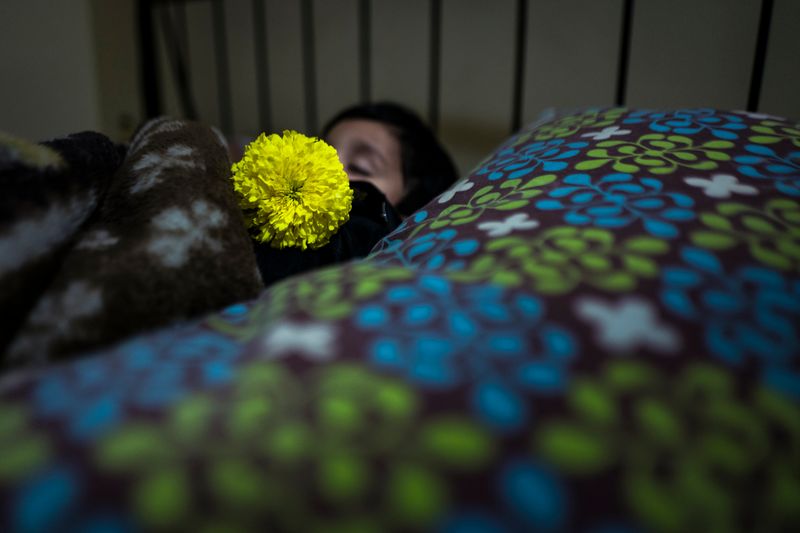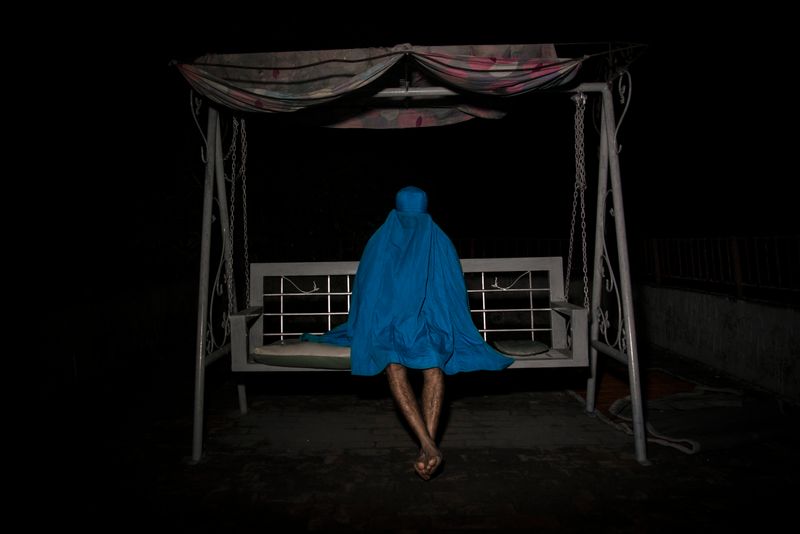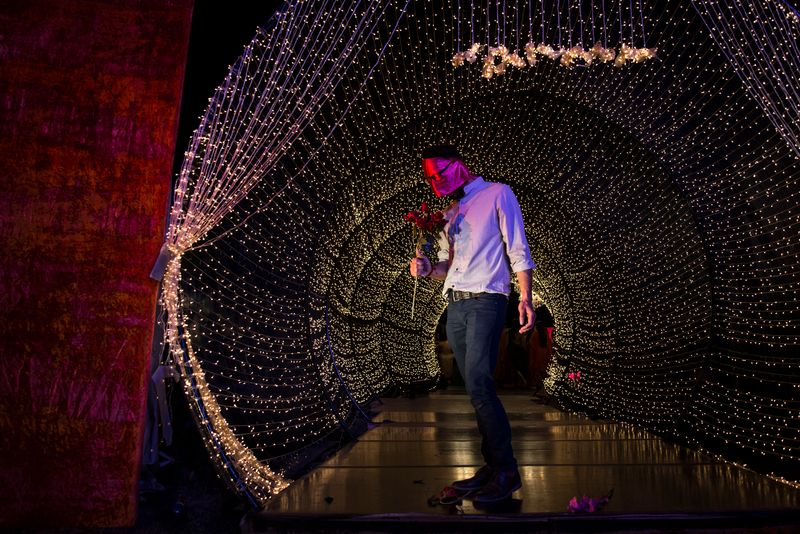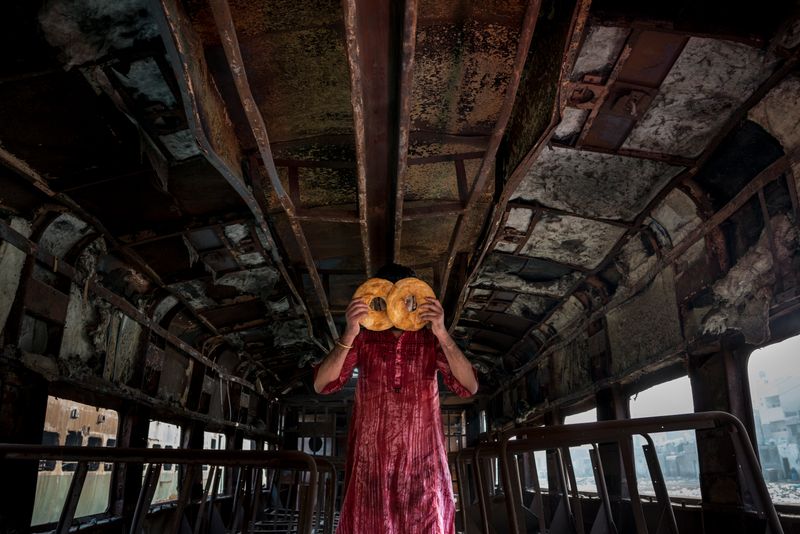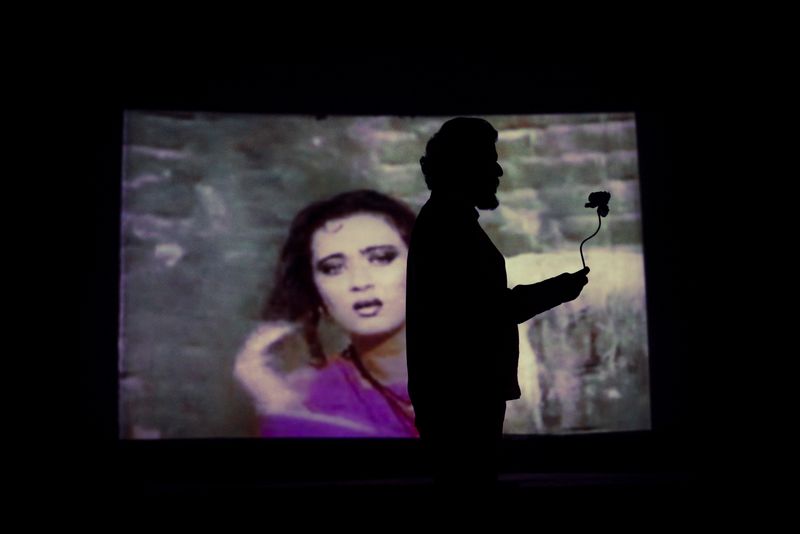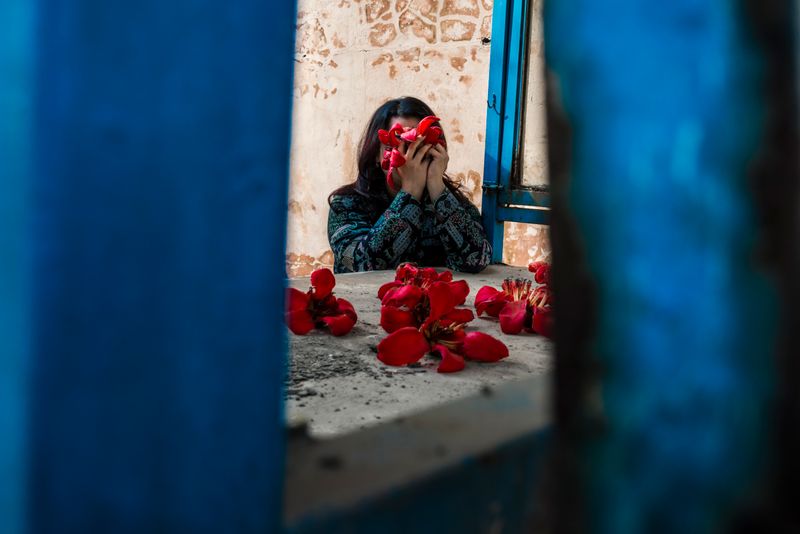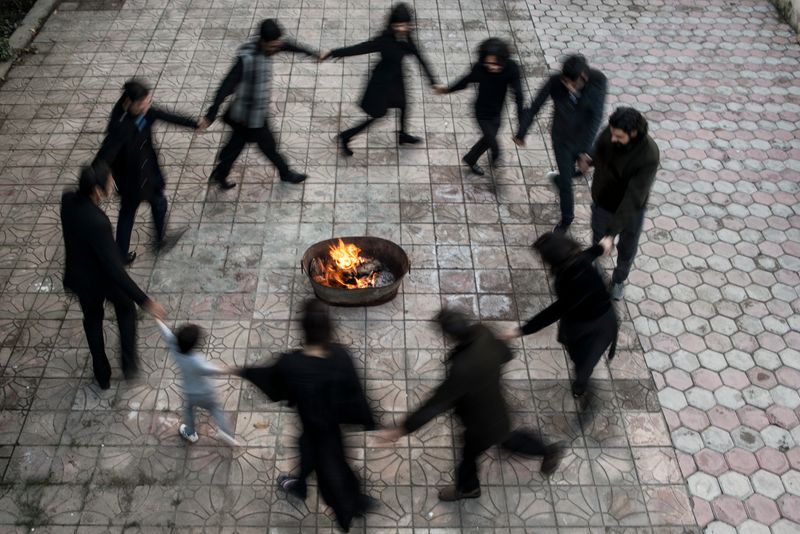ARTICLE 19
-
Dates2017 - 2018
-
Author
- Topics Portrait, Social Issues, Contemporary Issues
- Location Lahore, Pakistan
This a story about freedom of expression in Pakistan
Article 19, Resisting the Garotte.
By Marylise Vigneau
The article 19 of the constitution of the Islamic Republic of Pakistan says:
“Freedom of speech: Every citizen shall have the right to freedom of speech and expression, and there shall be freedom of the press, subject to any reasonable restrictions imposed by law in the interest of the glory of Islam or the integrity, security or defense of Pakistan or any part thereof, friendly relations with foreign States, public order, decency or morality, or in relation to contempt of court, commission of or incitement to an offence.”
These “reasonable” restrictions are often exploited against different groups of people such as minorities, journalists, human rights activists, atheists, homosexuals, etc. They are interpreted as a freedom to disregard others’ faiths or perceptions. They produce outcasts. Status quo and ruling alliances, liberty-fearing and frustrated people led by radical, obscurantist or manipulative clerics, all acting in the name of a so-called decency, build a wall around these fabricated pariahs and silence them. In the recent years, the enforcement of Pakistan's blasphemy laws remain a significant concern, as well as new laws to extend controls over the right to freedom of expression online. Killings and attacks on journalists, media workers and human rights defenders remain endemic and characterized by ongoing impunity.
This story takes place in Lahore and constitutes a series of portraits of people whose way of thinking, living, loving, is obviously against the official Pakistani narrative. It is a story of suffering but also of resilience and hope.
After long conversations, these images have been carefully staged to respect the safety and therefore the anonymity of the people pictured. Each of them is named "Noor", a name that means light and is used indifferently for women and men.
They are the cracks in the system through which change may arise.
The future is uncertain but an activist says, “The growing instances of censorship in Pakistan reflect the fear and paranoia that currently grips the highest echelons of our state. This fear has no fixed object. At times it is directed at the youth, at other times against “unruly” ethnic minorities, intellectuals, dissidents or journalists. What is clear is that there is a pervasive feeling of insecurity, a belief that the ruling establishment’s grip on power is perpetually threatened. And here lies the secret that every authoritarian regime wants to conceal; behind its hyper-masculine bravado, it is haunted by a deep weakness stemming from its inability to cement popular consent for the dominant order.
It is this combination of fear and weakness that propels the state to enforce a draconian censorship on its subjects. The truth has to be substituted by an awkwardly woven narrative that equates dissent with disloyalty. In the hands of a paranoid state, sacred words such as ‘patriotism’, ‘sovereignty’, ‘fatherland’ and even ‘rule of law’ are emptied of their historical content and are transformed into tools for mass manipulation to discipline populations and instill fear. What we are witnessing today is the corruption of language itself.
We must, however, take comfort in the fact that censorship is bound to fail since prohibited content takes on a life of its own as a symptom of the widening cracks in the ruling system. We might be entering an era where the choreographed theater presented to us as reality might soon reach a point of exhaustion, where the enforced silences speak louder than the curated noise on display, and the absences assert themselves with a greater intensity than all manufactured characters in the theatrical performance.”
This work is dedicated to the memory of Asma Jahangir, a Pakistani lawyer who dedicated her life to defending minorities and died in Lahore in 2018.
